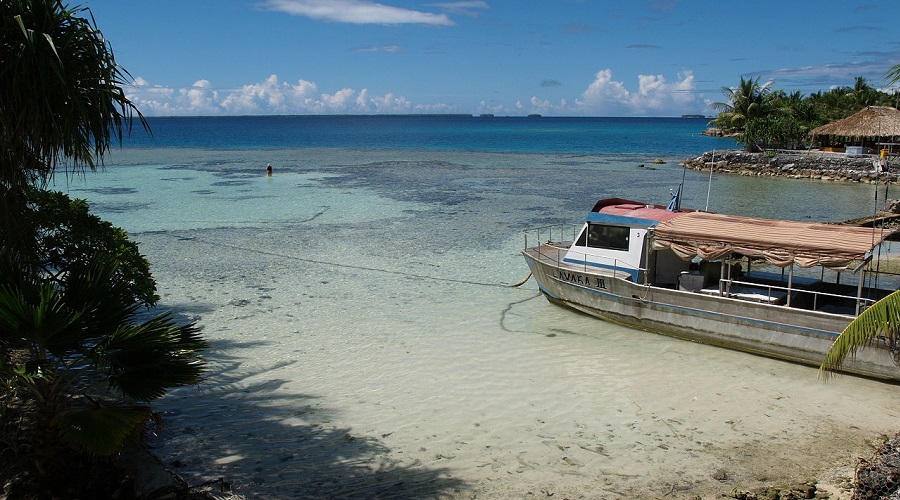Tokelau’s fish-dependent population may be at risk of seeing its main source of locally available animal protein dramatically reduced if the amounts and species of fish caught by local fishers in their waters stay the same or increase.
According to a study by researchers with the Sea Around Us initiative at the University of British Columbia and the Sea Around Us – Indian Ocean at the University of Western Australia, a small-scale, commercial or artisanal fishery that has been growing since it began in the early 2000s, combined with an expanding foreign industrial fishery that catches most of the offshore fish in the territory’s exclusive economic zone, may threaten people’s access to fresh seafood.
“Our study shows that back in the 1960s, non-commercial subsistence catches were up to 450 tonnes per year. This is the fish that people mostly ate at home, but also gifted to others in their community or bartered. In more recent years, people have started eating different meat products imported from New Zealand and elsewhere, moving away from a diet of almost entirely fresh seafood protein,” said Rachel White from the Sea Around Us – Indian Ocean at UWA and the lead author of the study. “This should have caused a decrease in local catches but it didn’t because of the introduction of more modern and more easily usable boats and fishing techniques, as well as increased exports to Tokelauan expat family members living abroad.”
Stocks of tuna and other commercially valuable fishes that live in oceanic waters that are of interest to industrial foreign fleets are forecasted to increase around this New Zealand overseas territory due to climate change. At the same time, the abundance of highly-consumed reef fishes is predicted to decrease with ocean warming, a situation that is likely to shift fishing focus and local consumption to more offshore tuna-like fishes. As the government relies heavily on financing from fishing access agreements, balancing earnings from foreign fishing and local seafood security is key for a healthy and sustainable future Tokelau.
“Overall, the effects of likely increasing fishing pressures from both the small- and large-scale fisheries, combined with climate change, will have a negative effect on the near-shore marine resources of Tokelau,” said Dirk Zeller, Professor of Marine Conservation at UWA and Director of the Sea Around Us – Indian Ocean. “This means that it is vital to promote sustainable fishing practices in local communities carefully consider any expansion of industrial fisheries for large pelagic species.”
The researchers call for better monitoring of local domestic catches because the net profits that increasing tuna populations and hence foreign catches could bring to the Polynesian atoll are unlikely to generate direct benefit or food security for the local Tokelauans.
“The issue here is that they don’t have the facilities to monitor large offshore fishing vessels, thus as a key stakeholder in the future of Tokelau’s fisheries, New Zealand has the incentive for promoting sustainable fishing practices,” said Daniel Pauly, the Sea Around Us Principal Investigator at UBC.
The study “Future of fishing for a vulnerable atoll: Trends in catch and catch-per-unit-effort in Tokelau’s domestic marine fisheries 1950-2016” was published in Frontiers in Marine Science doi: https://doi.org/10.3389/fmars.2018.00476



